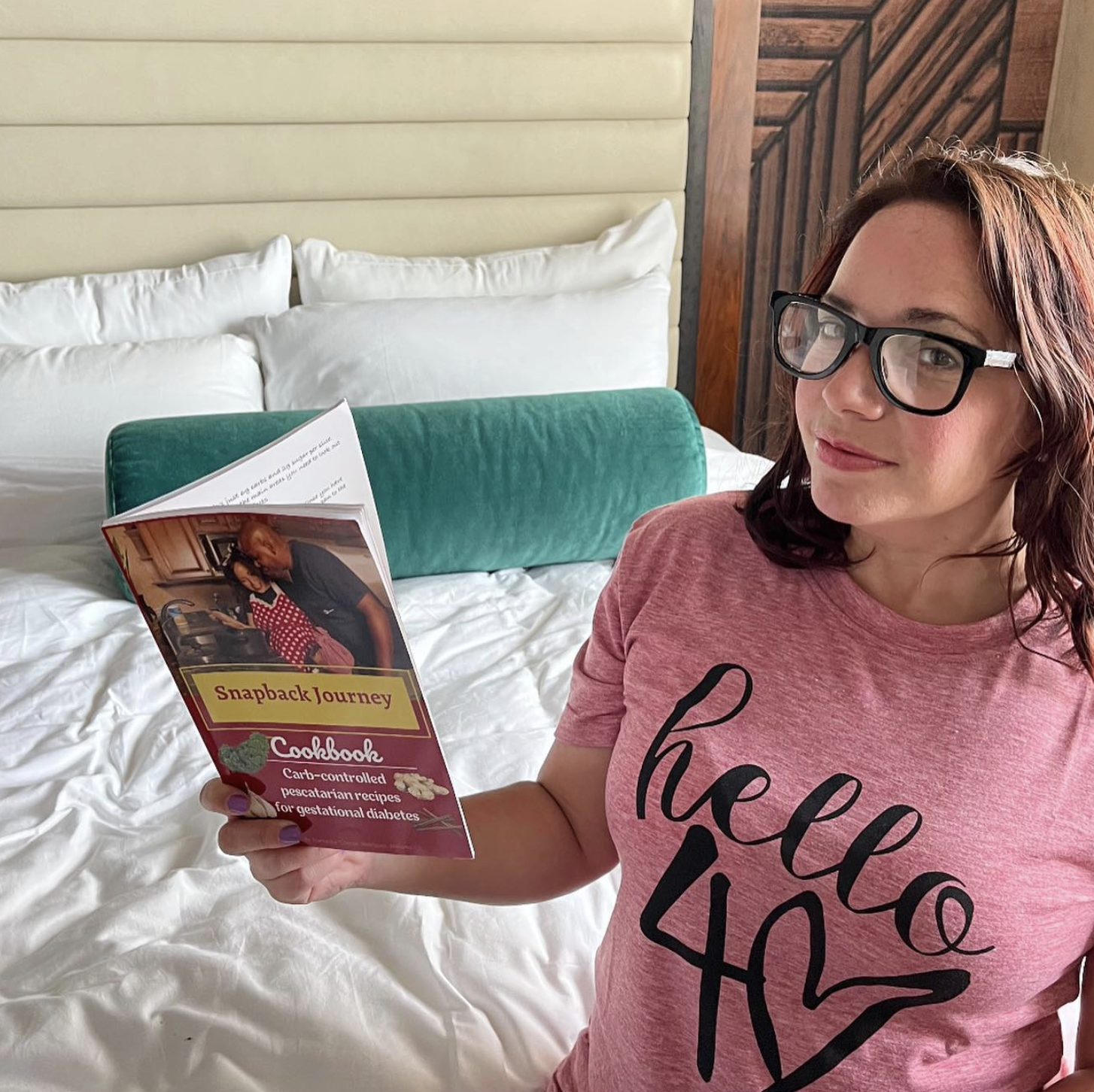
Opioid addiction is extremely common
Officials have confirmed that Prince passed away from an opioid overdose, six weeks after his death.
Law enforcement officials told the Associated Press that after various tests, investigators determined that Prince’s addiction to prescription medication led to his death last month.
People who were close to Prince were aware of his addiction to painkillers, which he starred using after a hip injury. A longtime friend and musical collaborator Sky Dangcil told Us Magazine “[Prince] took the pills to keep the show going… everyone saw that his hips were turning into a bigger problem. He was always ‘on,’ so he wouldn’t complain or say anything was wrong.”
It’s said that the day before Prince’s death, his team contacted an opioid addiction specialist in California seeking urgent help for the “Purple Rain” singer’s addiction.
Unfortunately opioid addiction is extremely common in the United States. According to
The American Society of Addiction Medicine, “Drug overdose is the leading cause of accidental death in the US. Opioid addiction is driving this epidemic, with 18,893 overdose deaths related to prescription pain relievers.
Opioids usually come in pill form and are used to reduce pain. When opioids are taken as prescribed by a medical professional, they are safe and can reduce pain. However, dependence and addiction are still risks when taking opioids. Some common forms of opioids are; Oxycodone, Hydrocodone, Morphine, Codeine and Fentanyl.
According to DrugAbuse.gov, “Opioids attach to specific proteins, called opioid receptors, in the brain, spinal cord, gut, and other organs. When these drugs attach to their receptors, they block pain messages sent from the body through the spinal cord to the brain. Opioids also can change the part of the brain that controls emotions and cause a person to feel relaxed and extremely happy.”
Although opioids may seem harmless, they can be very dangerous. If you know anyone who needs help from opioid addiction try and get them help sooner than later.
Nicole Rey







